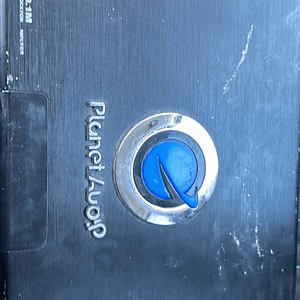I’m still looking to remedy this voltage fluctuation. Big 5-7, ho alternator, flooded mtx 34, theoretical 1900rms fused w cap. Not the best looking install bc of additional additions but it’s clean and functional.
I removed 4/0 from alt and ground to chassis. This reduced the voltage to what I’d consider normal. +\-13.5-15.1.
If I bypass the battery w my fused feed for the amps directly to the alternator will this change it’s performance? I’ve ordered a replacement voltage sensor which is a key component in voltage regulation and intend to have it on the replacement 4/0 chassis ground by the headlight. The sensor originally and currently encompasses the starter and alternator ground. Previously having the 4/0 to the chassis and sensor in oe location I believed too much ground was occurring outside the sensor loop causing my perceived overcharging. So if I hook the amp lead directly to alternator and ground to chassis w sensor maybe I’ll overcome the fluctuations.
Now reading this it seems like a dumb idea. I’ll just ground to chassis w sensor and try that.

I removed 4/0 from alt and ground to chassis. This reduced the voltage to what I’d consider normal. +\-13.5-15.1.
If I bypass the battery w my fused feed for the amps directly to the alternator will this change it’s performance? I’ve ordered a replacement voltage sensor which is a key component in voltage regulation and intend to have it on the replacement 4/0 chassis ground by the headlight. The sensor originally and currently encompasses the starter and alternator ground. Previously having the 4/0 to the chassis and sensor in oe location I believed too much ground was occurring outside the sensor loop causing my perceived overcharging. So if I hook the amp lead directly to alternator and ground to chassis w sensor maybe I’ll overcome the fluctuations.
Now reading this it seems like a dumb idea. I’ll just ground to chassis w sensor and try that.


